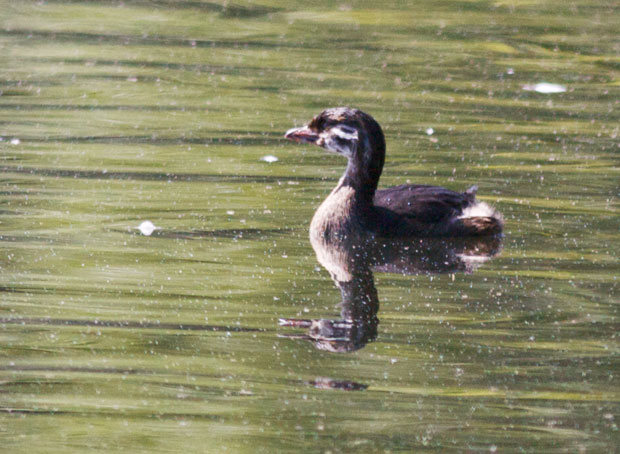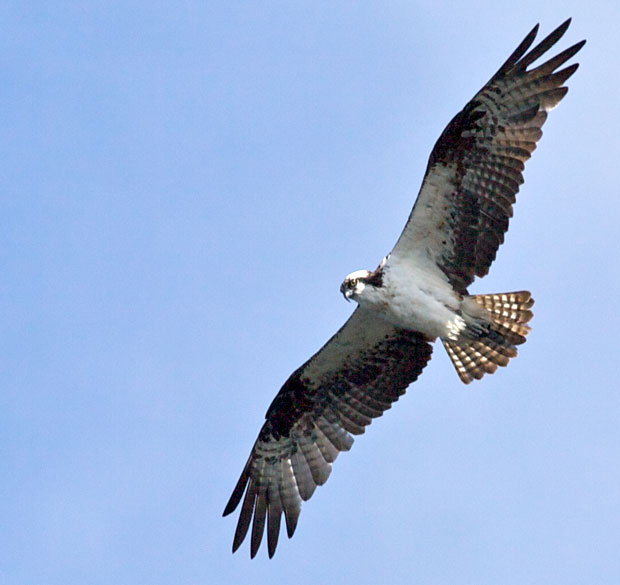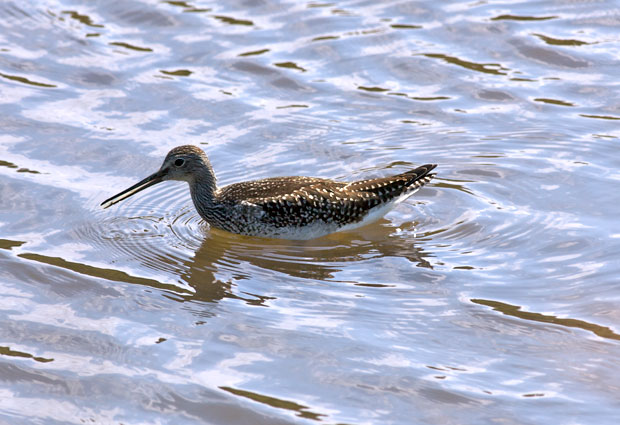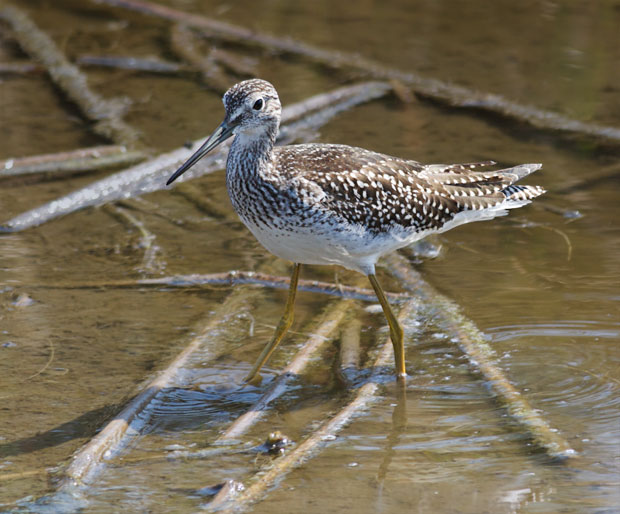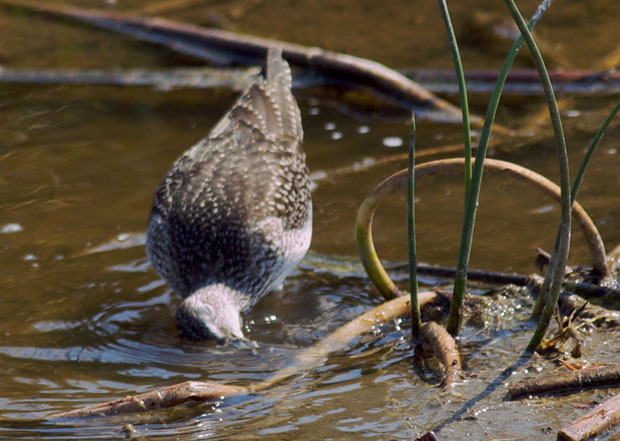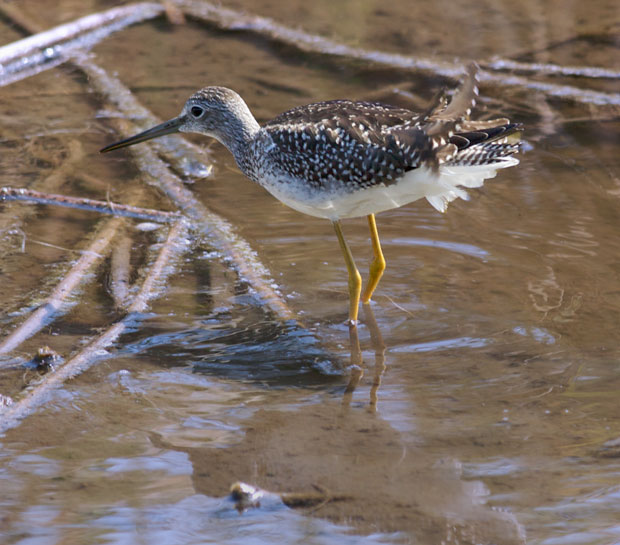Giovanni’s poems in Re: Creation and My House tend to be less confrontational than her earlier poems, though they’re still there, like “Ugly Honkies, or The Election Game and How to Win It” with lines like “ever notice how it’s only the ugly/ honkies/ who hate/ like Hitler was an ugly dude/ same with lyndon/ ike nixon hhh wallace maddox.” Strangely, this movement away from confrontation results in several poems that are little more than sentimental snapshots, more songs than poetry.
Luckily, there’s also a few more poems like this,
Mothers
the last time i was home
to see my mother we kissed
exchanged pleasantries
and unpleasantries pulled a warm
comforting silence around
us and read separate books
i remember the first time
i consciously saw her
we were living in a three room
apartment on burns avenue
mommy always sat in the dark
i don’t know how i knew that but she did
that night i stumbled into the kitchen
maybe because i’ve always been
a night person or perhaps because i had wet
the bed
she was sitting on a chair
the room was bathed in moonlight diffused through
those thousands of panes landlords who rented
to people with children were prone to put in windows
she may have been smoking but maybe not
her hair was three-quarters her height
which made me a strong believer in the samson myth
and very black
i’m sure i just hung there by the door
i remember thinking: what a beautiful lady
she was very deliberately waiting
perhaps for my father to come home from his night job
or maybe for a dream
that had promised to come by
“come here” she said “i’ll teach you
a poem: i see the moon
the moon sees me
god bless the moon
and god bless me”
i taught it to my son
who recited it for her
just to say we must learn
to bear the pleasures
as we have borne the pains
Of course, being a voracious reader I identify with the last lines in the first stanza. Much of my time with significant others has been spent reading in the same space. Though most of the time it’s simply giving the other person time to do what they like to do, it can also be a way of avoiding dealing with the other person.
I’m not sure I remember the first time I saw my mother “consciously,” though it may have been the time she fell down and clipped her chin in her bedroom, knocked herself out, and was gushing blood from her chin. I’m pretty sure that’s the first time I ever had to help her with anything, and up to that moment I probably thought she was omnipotent. She’d always taken care of me, and herself.
Although I loved my mother dearly, I really liked the ending of this poem, “just to say we must learn/ to bear the pleasures/ as we have borne the pain,” which, for me at least, took it out of the purely “sentimental” category. I don’t think I’ve ever had a long term relationship with anyone that hasn’t included both pleasure and pain, particularly with someone as important as a parent.

